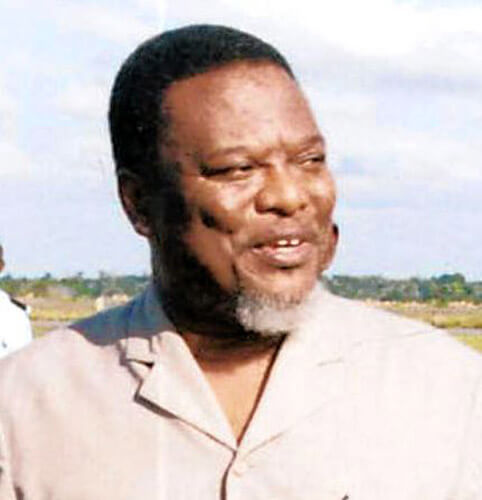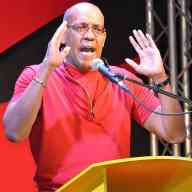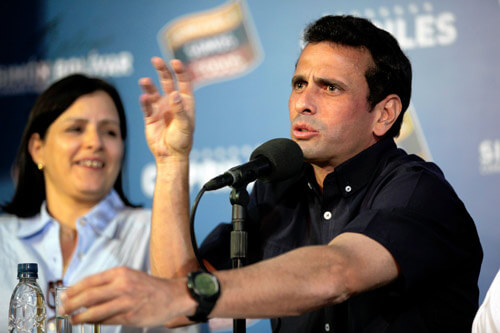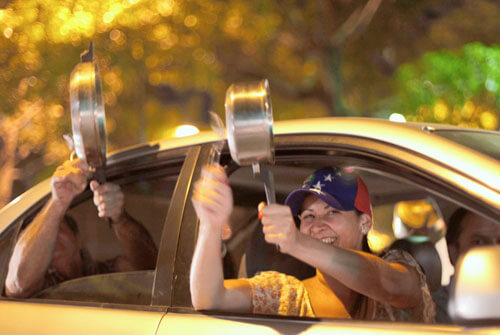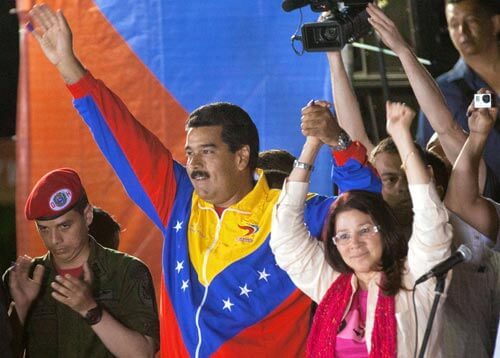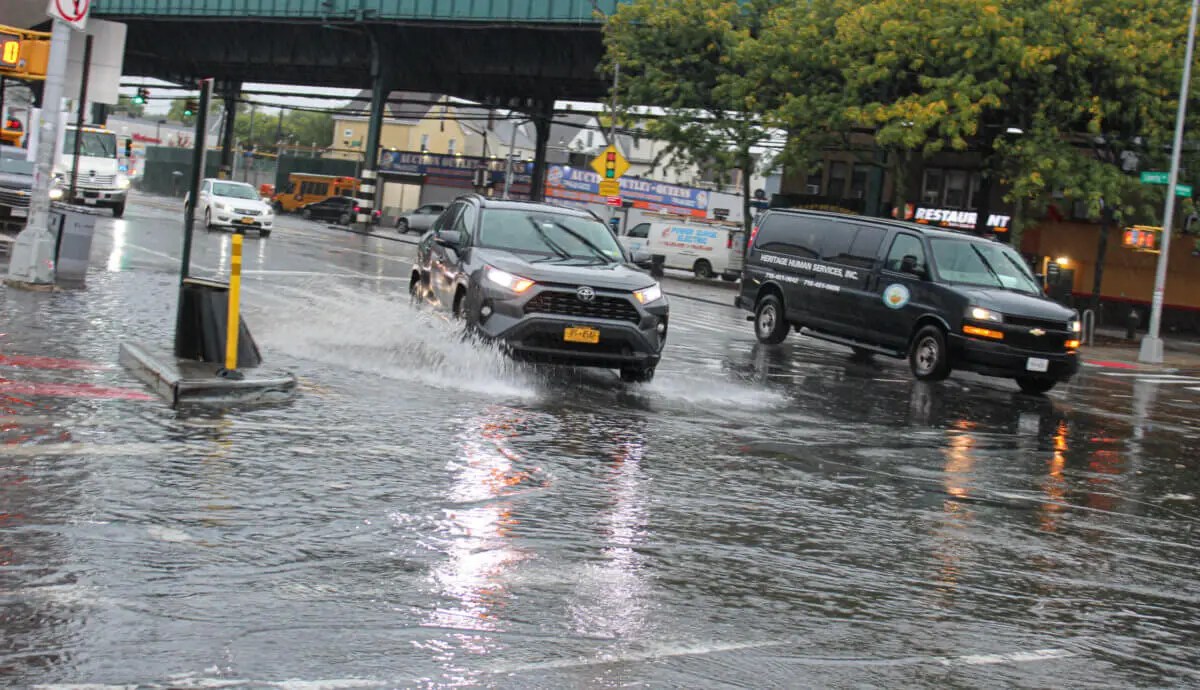The death of Venezuelan President Hugo Chavez from cancer in Caracas on Tuesday and the political uncertainty as to whether his revolutionary party will be able to hold on to power in fresh elections in a month, have sparked justified fears in the Caribbean as to whether a key concessional oil facility with Venezuela will continue or whether governments will have to return to the world market if the opposition takes power.
Guyana’s Prime Minister Samuel Hinds might have been speaking for many of his colleagues in the regional trade bloc when he said while reacting to the news that “it would not be unreasonable to wonder what would be the future of PetroCaribe with Mr. Chavez’s death,” said Hinds as he called Chavez “a true friend of the Caribbean.”
Back in 2005, more than a dozen Caribbean leaders had attended a lavish and formal signing ceremony in western Jamaica for the concession oil facility under which governments are allowed to pay a percentage for shipments upfront and spread out the remainder over periods as long as 25 years, allowing them to fund development projects with the money saved for not having to make full payments.
In the CARICOM bloc for example, Jamaica is by far the biggest beneficiary as it used hundreds of millions of dollars from PetroCaribe to build inter-island highways and other key projects.

Its government is also now the most nervous as what will happen in the Venezuelan capital, especially if Vice-President and anointed Chavez successor Nicholas Maduro will win fresh elections and ensure the status quo continues.Maduro is a former bus driver. In the wider Caribbean, Cuba where Chavez spent long periods being treated for cancer that Maduro alleges is in fact blood poisoning, is bar far the largest recipient, getting up to 150,000 barrels of oil a day at the concession rate. Critics say the Castro brothers who have ruled the largest Caribbean island for decades, now have real reasons to fear an opposition win, given the burning hatred for them and Cuba’s influence in Venezuelan politics in recent years.
As an indication of how appreciated he is in Jamaica, Prime Minister Portia Simpson-Miller and the opposition Jamaica Labor Party (JLP) stood united in praise for Chavez during a regular sitting of parliament on Tuesday afternoon as news filtered through of his death. The session was immediately interrupted and turned into a tribute with the prime minister saying that “both administrations, no matter which was in power, he was friend to both. He assisted Jamaica in a period of need. We will be making the necessary arrangements so that we can arrange proper tribute,” he said.
In the meantime, the Jamaica Gleaner quoted Wesley Hughes, the CEO of the local PetroCaribe fund as saying that Jamaica would have a $600M hole in its budget if the facility were to be scrapped.

AP Photo/Fernando Llano, File


